The Washington Post on December 13 quoted a report from the US National Oceanic and Atmospheric Administration (NOAA) warning that the Arctic experienced its warmest summer this year, threatening an unpredictable future for humans and ecosystems on the planet.
The average surface air temperature in the Arctic from July to September was 6.4 degrees Celsius, the highest since records began in 1900. Worryingly, the Arctic is warming about four times faster than other places, due to the cumulative loss of reflective ice, known as Arctic amplification. Scientists say this trend is accelerating, with increasingly serious consequences forecast globally.
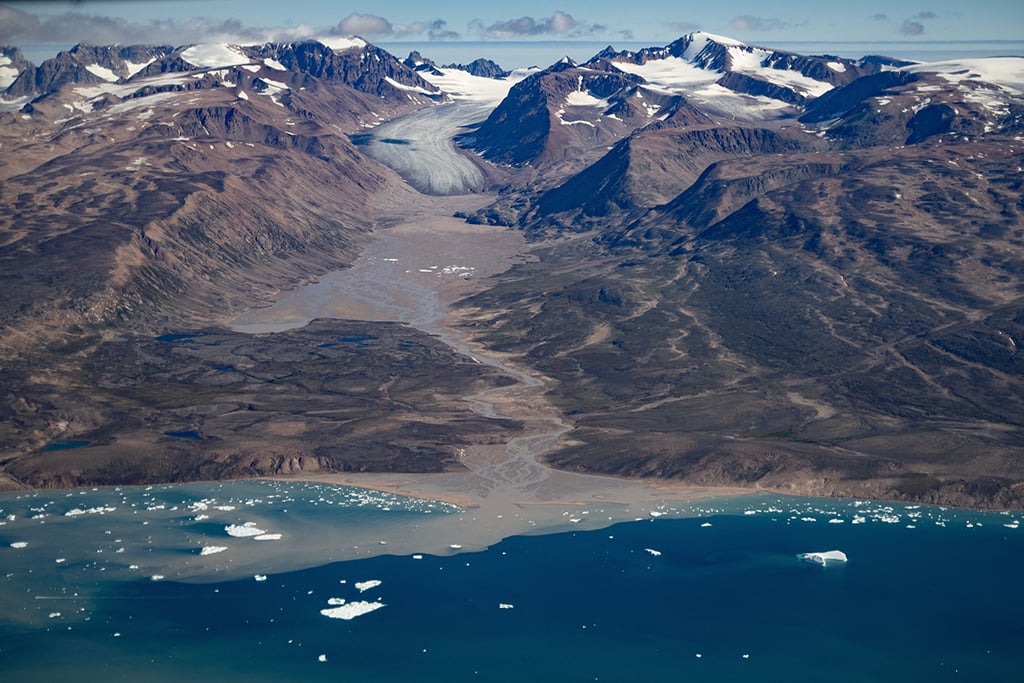
A severely melting glacier in east Greenland
Forest fires, rising sea levels
Warming in many areas of northern Canada and the Canadian Arctic archipelago coincided with reduced rainfall, causing severe wildfires this year, affecting many areas in North America, according to Reuters. Although 2023 is not yet over, this year is almost certain to be the hottest year on record, the World Meteorological Organization (WMO) said. In the latest development, Spain on December 12 recorded its highest December temperature ever after the city of Malaga reached 29.9 degrees Celsius.
Meanwhile, the Danish territory of Greenland lost 196 billion tons of ice between September 2022 and August 2023. The ice loss in Greenland this year was lower than the 22-year average, due to heavy snowfall, but the heat still caused damage. According to the NOAA report, the warming in the Arctic has had long-term impacts on areas further away, while the melting ice contributes to rising sea levels, threatening homes, transportation and economic facilities in coastal cities. "The irreversible climate impacts of Arctic warming will continue to affect North America and Eurasia," said Brenda Ekwurzel, director of climate science at UCS (USA).
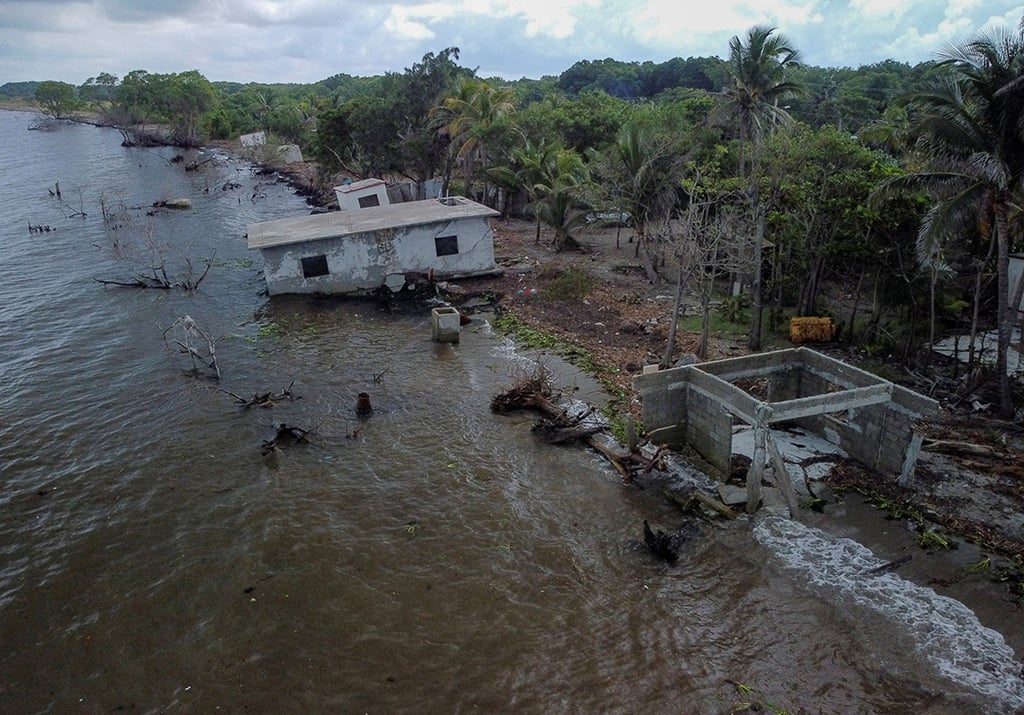
An area of seawater intrusion in the state of Chiapas in Mexico
The Human Climate Horizons program, a collaboration between the United Nations Development Program (UNDP) and the Climate Impact Lab (USA), estimates that increased coastal flooding this century will affect more than 70 million people worldwide.
Everywhere was in disarray
Rapid Arctic warming is also having clear impacts, as it disrupts the global ecosystem. According to AFP, citing expert Tom Ballinger at the University of Alaska Fairbanks (USA), the above situation has different impacts between regions.
“For example, winters in parts of Alaska are colder and wetter, and summers in western Eurasia and northern Canada are drier,” he said. In August, a glacier lake near Juneau, Alaska, burst its dam after two decades of melting, causing flooding and damage along the Mendenhall River.
As the Earth warms, polar bears are forced to dig through trash
Warming trends are having different impacts on ecosystems and human food webs. For example, sockeye salmon in Bristol Bay (Alaska) in 2021 and 2022 were unusually high due to warmer waters, putting pressure on prices to their lowest in decades. Meanwhile, chinook and pike salmon have seen unusually low runs. Climate change is also throwing seasonal interactions between insects and plants out of sync.
Up to 60% of insects are now struggling to keep up with changes in the plants they depend on, as these plants change under the impact of climate change, according to research presented at the British Ecological Society's annual meeting in Belfast, which took place from 12-15 December.
Nearly 200 countries pledge action
Representatives of nearly 200 countries agreed on December 13 to start reducing fossil fuel consumption globally to prevent the impact of climate change, in an agreement reached at the UN climate conference COP28 in Dubai (UAE). According to Reuters, the agreement calls for a transition away from fossil fuels in the energy system to achieve net zero emissions by 2050, tripling global renewable energy capacity by 2030, efforts to reduce coal use, and accelerating carbon capture technologies.
Source link


![[Photo] Panorama of the cable-stayed bridge, the final bottleneck of the Ben Luc-Long Thanh expressway](https://vphoto.vietnam.vn/thumb/1200x675/vietnam/resource/IMAGE/2025/9/30/391fdf21025541d6b2f092e49a17243f)






























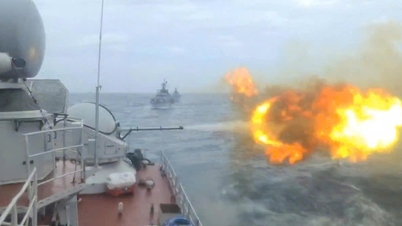



![[Photo] The 1st Congress of Phu Tho Provincial Party Committee, term 2025-2030](https://vphoto.vietnam.vn/thumb/1200x675/vietnam/resource/IMAGE/2025/9/30/1507da06216649bba8a1ce6251816820)
![[Photo] Solemn opening of the 12th Military Party Congress for the 2025-2030 term](https://vphoto.vietnam.vn/thumb/1200x675/vietnam/resource/IMAGE/2025/9/30/2cd383b3130d41a1a4b5ace0d5eb989d)
![[Photo] President Luong Cuong receives President of the Cuban National Assembly Esteban Lazo Hernandez](https://vphoto.vietnam.vn/thumb/1200x675/vietnam/resource/IMAGE/2025/9/30/4d38932911c24f6ea1936252bd5427fa)





























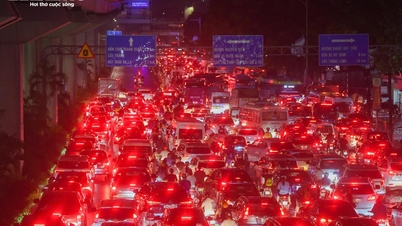

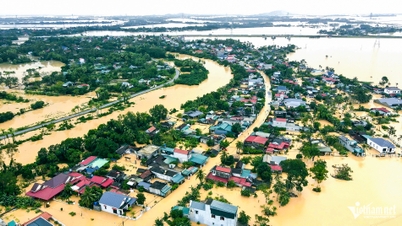


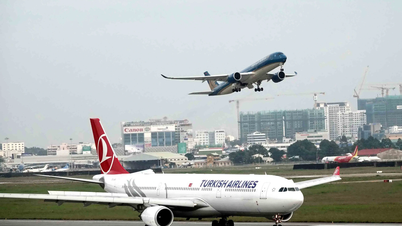













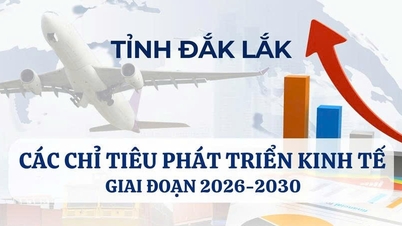
















Comment (0)